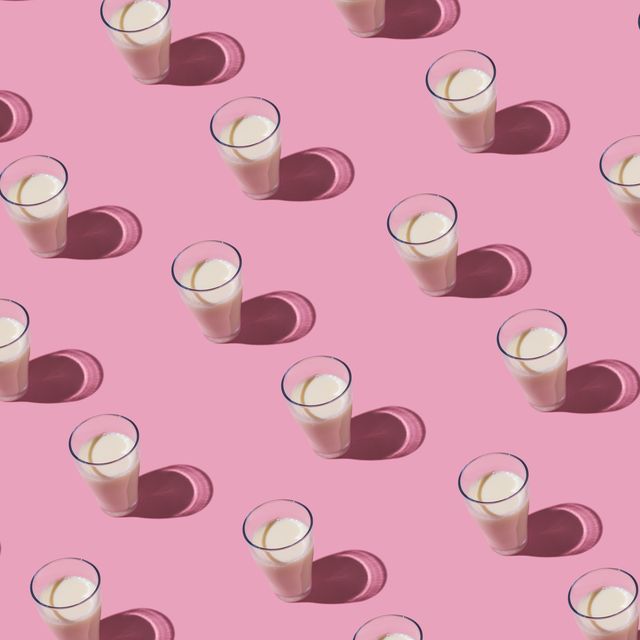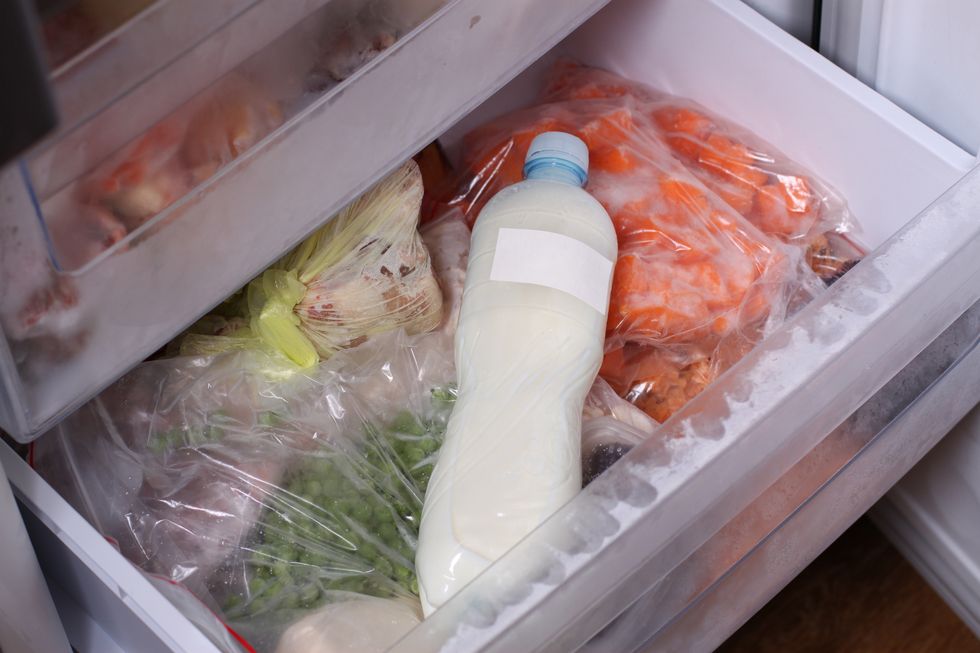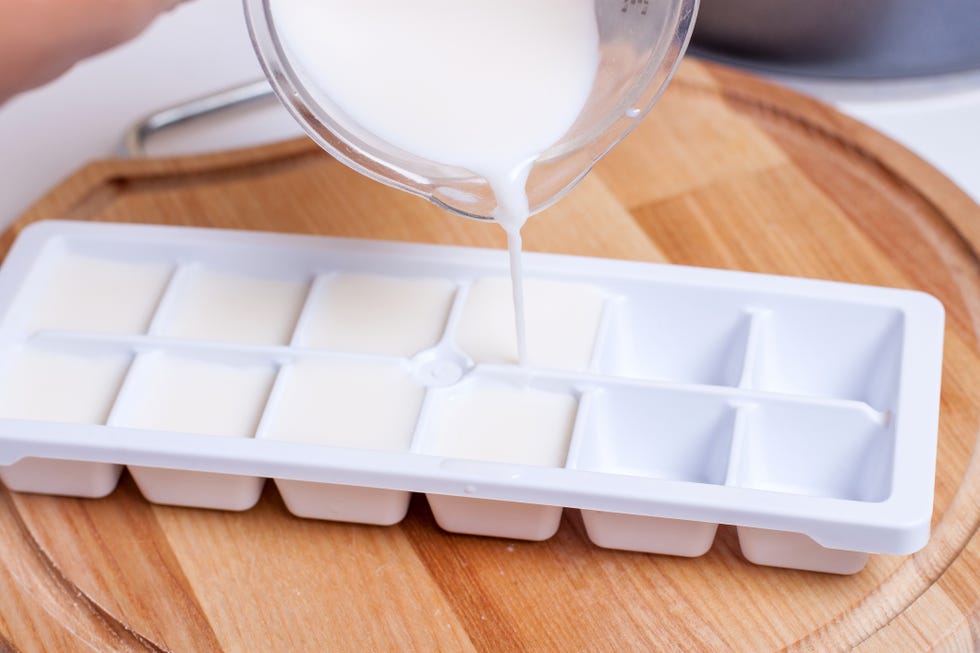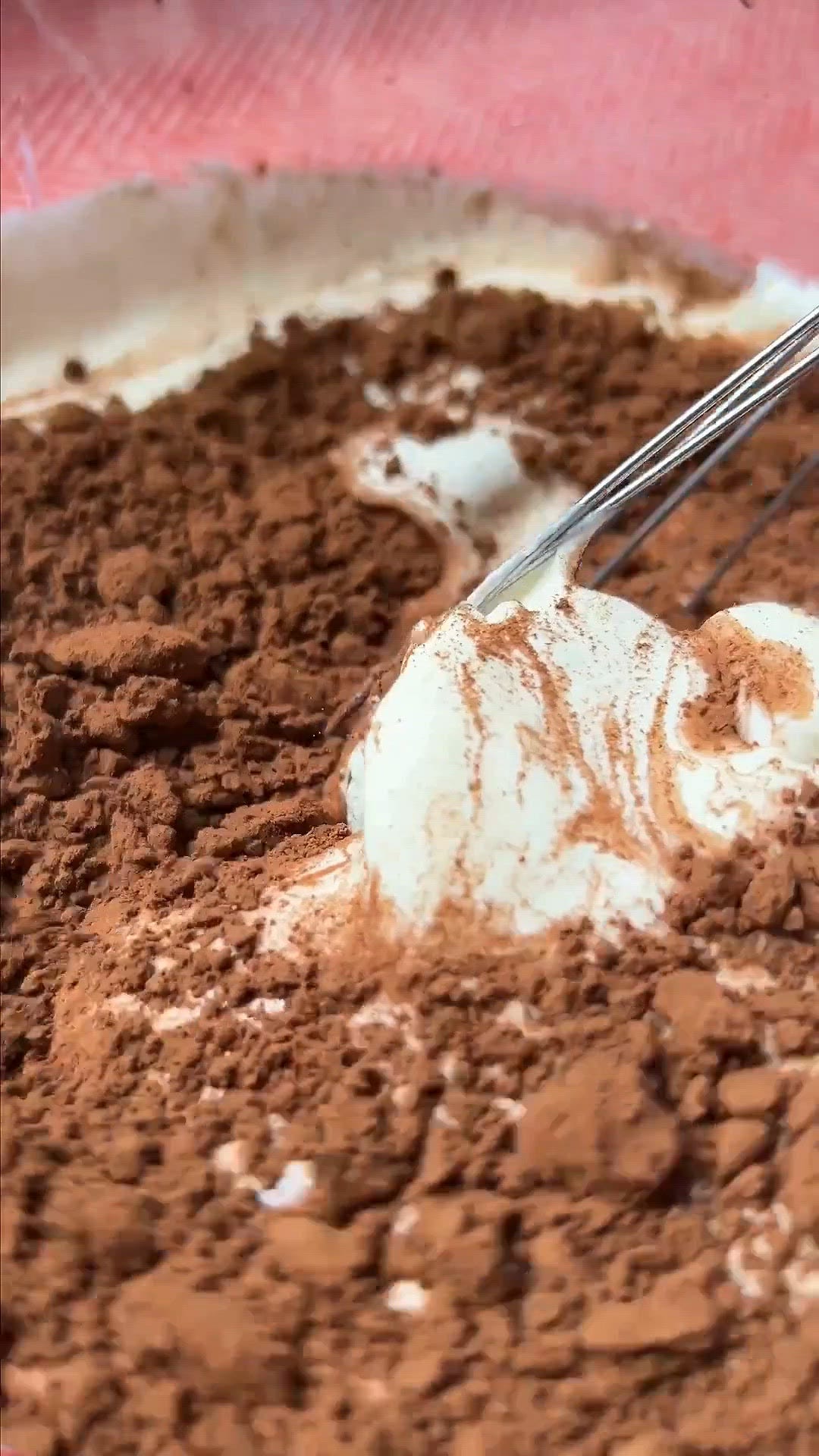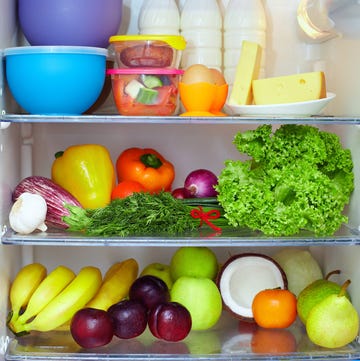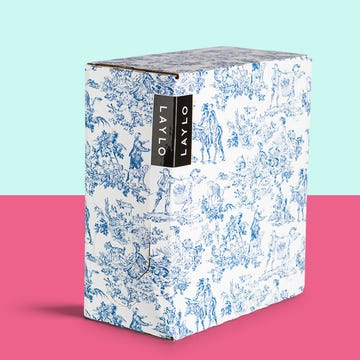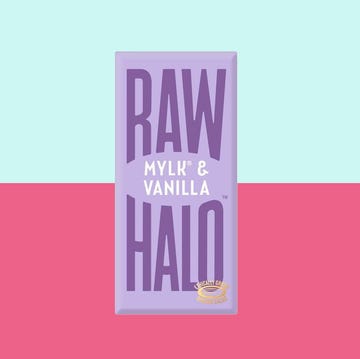Freezing food is one of the easiest ways to make the most out of your weekly shop and prevent food wastage, but can you freeze milk?
While you might be used to freezing cooked meals or leftover chicken breast, everyday items such as milk, butter and cheese work slightly differently.
We explain everything you need to know in the guide below to make sure you never waste a drop again.
What to read next
Can you freeze milk?
The answer is yes, but it depends on what you plan to use it for afterwards as the freezing and thawing process can cause the milk to separate and turn grainy.
A top tip of ours is, if the milk separates, whizz it in a high-speed blender for about 30 seconds. This helps to re-emulsify the milk to a certain degree, so you will have a product that still works well in baking, cooking or to add to your morning cereal. However, it's still not so good if you were planning to drink it straight. Freezing milk doesn't affect the taste, but the texture.
What is the best way to freeze milk?
If you are looking to freeze a small amount of milk, pour the milk into an ice-cube tray and carefully place in the freeze. Once the cubes are frozen (around 4hr), transfer them to a freezer bag so that you always have a handy amount of milk to use.
Can you freeze milk in plastic bottles?
For larger amounts of milk, simply freeze in the bottle it came in. We recommend that you leave at least two inches of space left at the top of the container to prevent it bursting all over your freezer as the milk will expand when it freezes.
Do not freeze milk in glass jars unless you know that they are freezer-safe, as non-tempered glass could crack and shatter.
Is milk still good after it freezes?
You can only freeze and de-frost milk once (never re-freeze), so if you live in a small household, this is the best option to avoid wastage.
How long can you freeze milk for?
Milk can be frozen for one month, so make sure to label it with a date to prevent it from spoiling.
When you want to use your frozen milk, simply transfer from the freezer to the fridge and leave to fully thaw overnight. Always use your defrosted milk within 2 days of defrosting. Don't be tempted to speed up the defrosting process by leaving it at room temperature as this could encourage harmful bacterial to grow.
Can you freeze oat milk and other dairy-style products?
All the above advice applies to semi-skimmed milk, non-dairy milks like soya milk and oat milk, as well as dairy double cream.
Freezer care advice
Last but not least, we recommend having a freezer thermometer so you can keep an eye on the temperature of your freezer. The Food Standards Agency recommend that frozen food should ideally be kept at or below -18˚C.
A crack team of highly skilled food content producers, the GH Kitchen Team are Good Housekeeping’s resident recipe developers and all-round food obsessives. GH Kitchen Director Sarah Akhurst is our resident hosting pro and loves nothing more than putting on a foodie feast for friends. Senior Cookery Writer Alice Shields is a former pastry chef and baking fanatic who loves making bread and would have peanut butter with everything if she could. Lover of all things savoury, Senior Cookery Writer Grace Evans can be found eating nocellara olives at every opportunity, and will take the cheeseboard over dessert any time. With a wealth of professional kitchen experience between them, they’re dedicated to ensuring every Good Housekeeping recipe is the best it can be, so you can trust they’ll work every single time.
